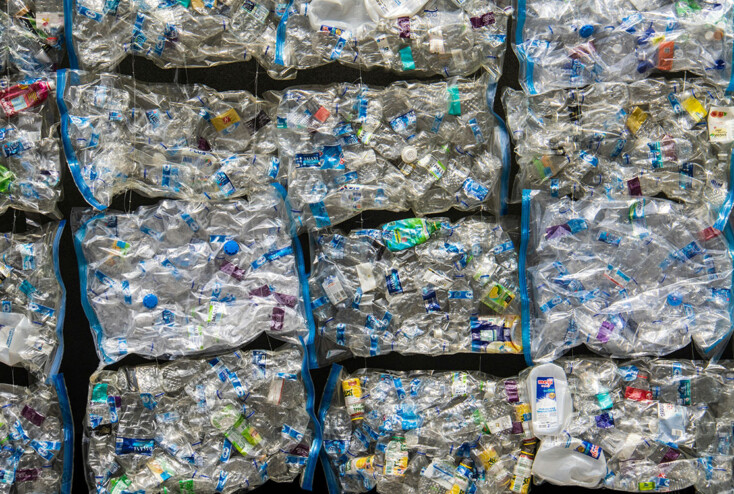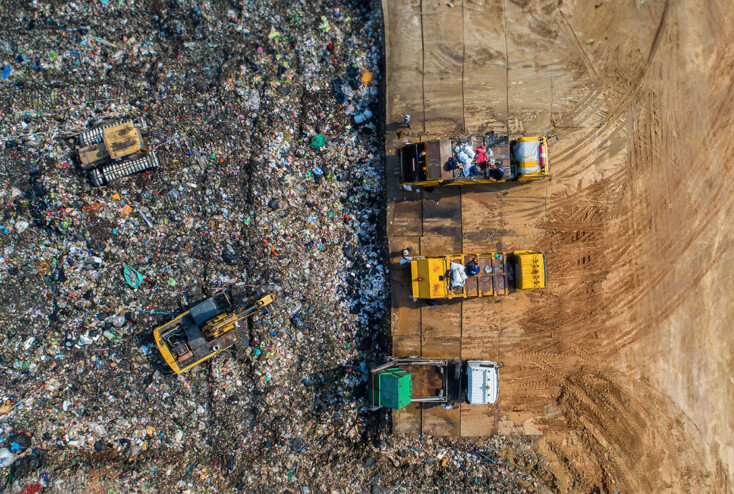
Sustainability Series: Countering Greenwashing in Southeast Asia
This is the second iteration of UOB FinLab’s Sustainability Series, in which we discuss greenwashing challenges in Southeast Asia and the adequate steps SMEs can take to tackle them.

For hundreds of years, humanity has used coal, oil, and natural gas to run civilizations and wage wars. Today, our centuries-long obsession with fossil fuels has proved to be more detrimental than beneficial, with global fossil fuel consumption soaring to unprecedented levels. As the world wakes up to the climate crisis, the issue of sustainability has begun dominating major conversations. World leaders and global institutions have set ambitious climate goals aimed at reducing emissions. Climate protection is a race against time.
Today, the energy sector is witnessing the emergence of smart and renewable energy solutions — from building management systems, energy storage, solar etc, and more companies are conscious of the need to be energy efficient. Governments are also putting measures in place that either reward or encourage businesses to “go green” or adopt renewable energy sources.
Several key establishments have also entered into partnerships with greentech, typically for research and development, or commercial deployment.
For example, greentech solutions provider Envision has signed a lucrative partnership with Energy Market Authority (EMA) to help develop local expertise in greentech solutions. Worth S$4 million, the agreement will see SMEs and greentech startups work with industry heavyweights to create deeper capabilities in renewable energy and urban energy efficiency solutions.
Universities are also working towards expertise in the energy efficiency space. The National University of Singapore has partnered with Singapore-based energy solutions provider Keppel Infrastructure on a Master Research Collaboration Agreement that will develop, test, and disseminate commercially viable energy efficiency and management solutions. Further, the agreement makes training and educational opportunities available to students, startups, and researchers who are looking to collaborate on sustainability-linked projects.
Here are a few ways companies can get started:
Though technological innovation has historically harmed the planet, the rise of greentech is working to course-correct for the future by reducing the use of fossil fuels and working toward climate goals by providing solutions that can be used by billions of people everyday.
CTA: Greentech solution providers interested to partner and pilot their solutions with corporates and SMEs can sign up for The Greentech Accelerator, a new programme by The FinLab.
The Greentech Accelerator is accepting applications until 12 July 2022. Interested parties with a Tech Readiness Level (TRL) of 6* and above can sign up here. Focus areas include energy efficiency, zero-waste supply chain, and carbon management and reporting.
*Tech Readiness Levels (TRL) measure the maturity of a technology throughout its research, development, and deployment phase progression. TRLs run on a scale of 1-9, with 9 being the most mature.

This is the second iteration of UOB FinLab’s Sustainability Series, in which we discuss greenwashing challenges in Southeast Asia and the adequate steps SMEs can take to tackle them.

With Asean contributing to roughly 25 per cent of waste worldwide, innovative tech solutions could help to manage waste and prevent refuse from contaminating the environment. While more climate tech start-ups are eager to drive change, many still lack support, exposure, and a platform to grow.

We now approach the final weeks before applications for UOB FinLab’s GreenTech Accelerator 2024 come to a close. We have received outstanding applications from hundreds of innovative greentechs that have the potential to make impactful contributions to the world’s sustainability goals of net zero.



Subscribe to our Weekly Happenings by The FinLab Team!